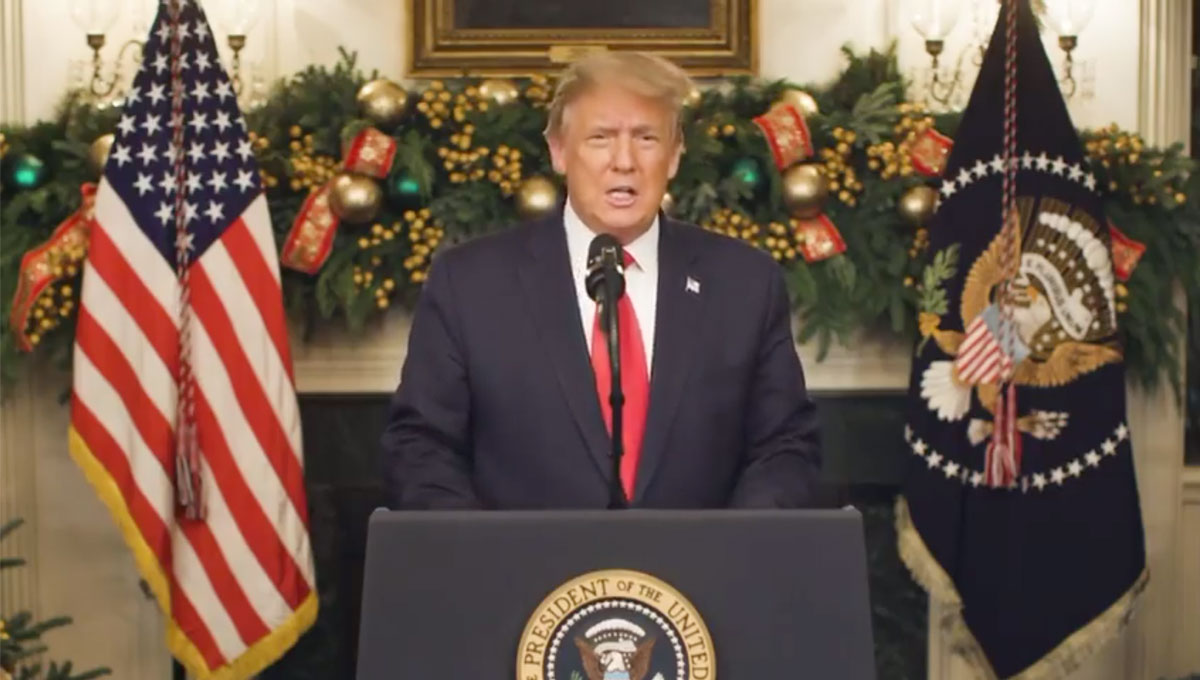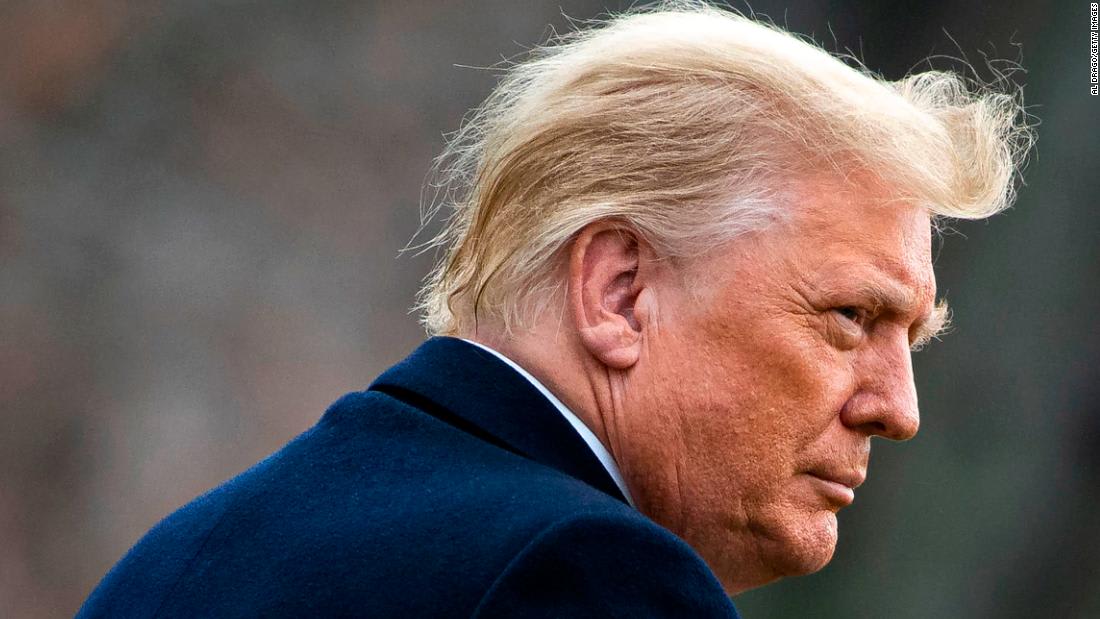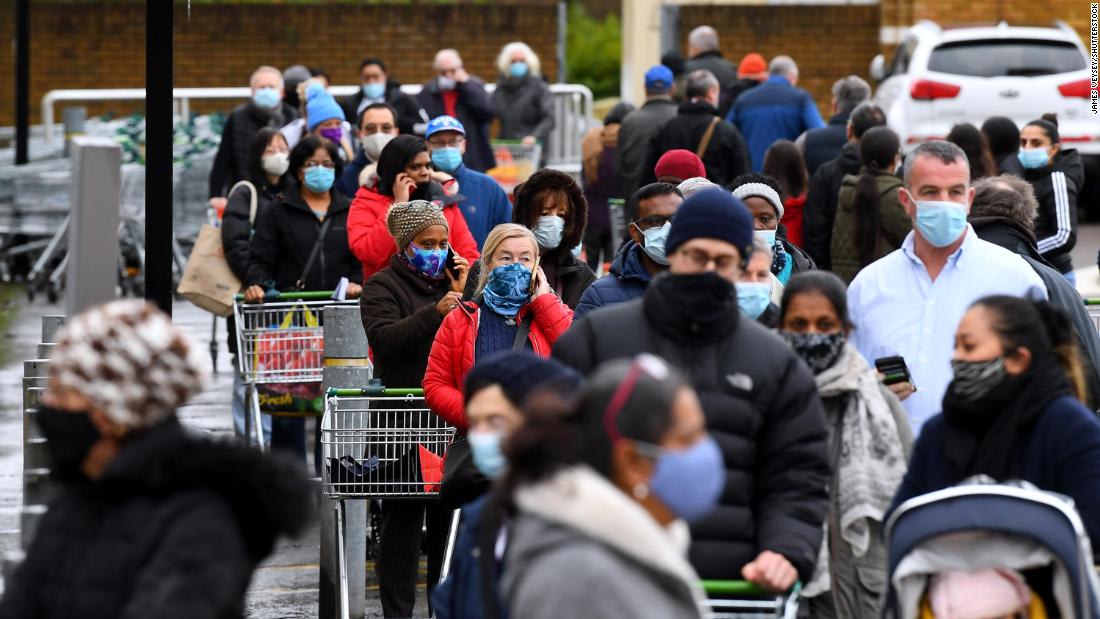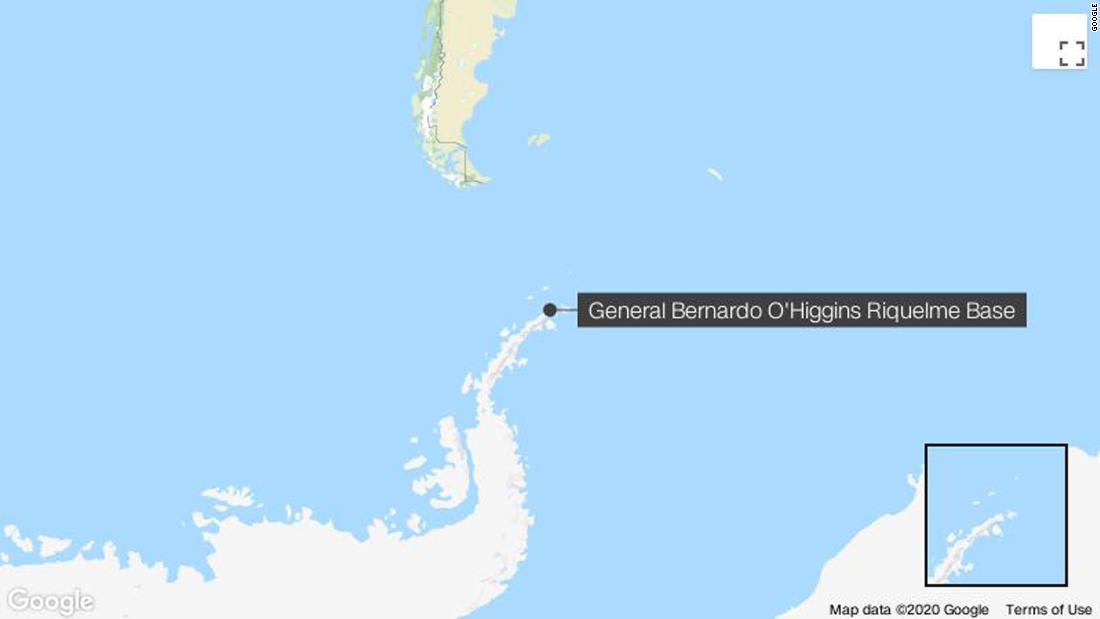
President Donald Trump on Tuesday said he is asking for changes to the coronavirus relief bill passed by Congress, leaving the future of the $900 billion stimulus in question.
"I'm asking Congress to amend this bill and increase the ridiculously low $600 to $2,000 or $4,000 per couple," Trump said in a video released on Twitter. "I'm also asking Congress to immediately get rid of the wasteful and unnecessary items in this legislation or to send me a suitable bill."
The extraordinary message came after he largely left negotiations over the measure to lawmakers and his Treasury Secretary Steven Mnuchin. Trump did not explicitly threaten to veto the bill, but said he was dissatisfied with its final state.
The statement was filmed by the White House and was not open to the press. Reporters did not have a chance to ask the President questions. It's unclear when the message was recorded.
The President has in the past said he would sign the bill, and earlier Tuesday the White House publicly defended the bill. But many of his allies have spoken out against the agreement passed.
The White House did not respond to a request for comment.
Read the full story:


